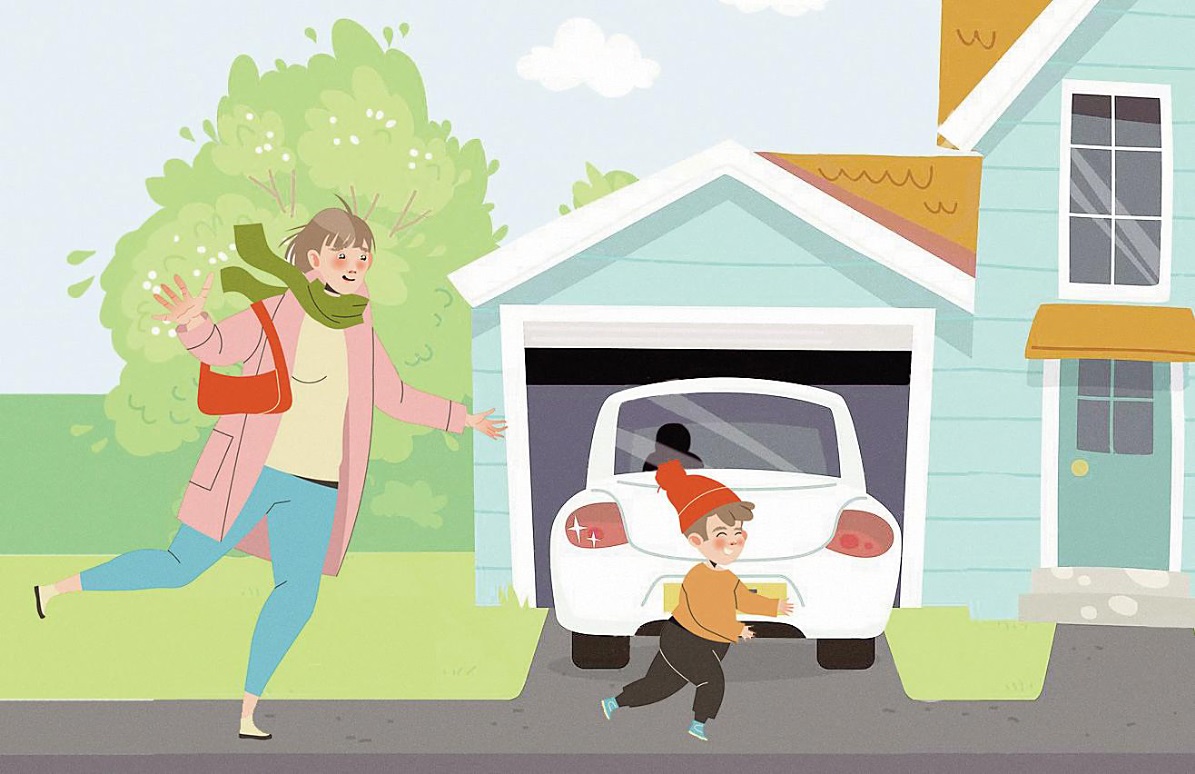
the meaning that he had made of that traumatic event. He cast me in the role of hero. The recognition that he had someone who would protect him, even from himself, was the way he turned what could have been a story about a mistake he made, or even a moment of defiance, into one of redemption and safety. While not fully conscious of having written this script, the event and its impression stayed with him as deeply rooted examples of how much he was loved.
This process of making meaning out of daily events, mundane and tragic, is how all of us write the narrative of our lives. How we tell stories, the way we retell and recall events and remember the past matters. As children develop, no matter their pace or eventual progress, we give them a solid foundation when we find ways to reinforce feelings of mastery, strength, and safety, in the framing of events. Telling my son, afterward while we ate ice cream, how I appreciated his bravery when getting his haircut, though he screamed and
cried throughout, was not a way to minimize the disruption of his behavior, but instead, was a way to reinforce what to remember when telling the story, about what getting his haircut meant for him. A
moment of bravery, rather than a moment of terror or failure. Story telling isn't inherently verbal here; picturing events, feeling the events in our bodies, connecting emotions to each other and to those of another loving person, are all part of the process of making meaning from our lived experience.
"As children develop, we give them a solid foundation when we find ways to reinforce feelings of mastery, strength, and safety,in the framing of events."
Our job as parents is a big one, caring for the physical, emotional, and spiritual needs of our children, while helping them reach their potential in a world that is not set up for their success, and is often actively hostile. Resilience, that ability to bounce back, to recover and move forward, is made in small increments, inch by inch. By focusing on giving your child a sense of safety through consistency, boundaries, and responsiveness, and by using storytelling to reinforce that safety, you build up reserves of esteem that make recovering from the inevitable damage of living in our world, possible, and even likely.•
ABOUT THE AUTHOR:

Ali Greco, PsyD is a clinical psychologist and a leader in user experience design and research at SonderMind, a leading behavioral health provider. She is the parent of a special needs teenager who has taught her more about life than grad school ever could! Ali brings all her experiences together to solve problems in behavioral health to make getting the right care easier.